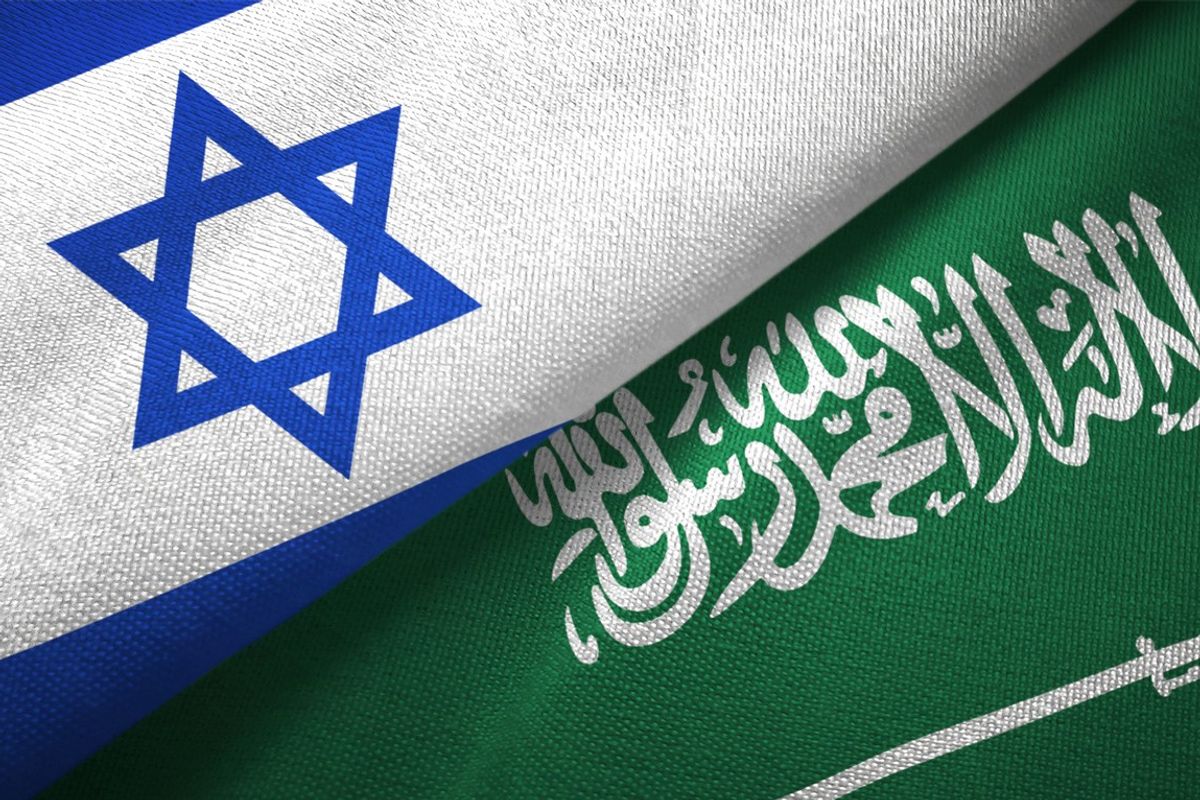Bottom Line Up Front
- After Israel launched attacks in three different countries across the Middle East last week, Hezbollah responded by firing missiles at several Israeli military targets.
- Netanyahu is attempting to strike a difficult balance—appearing steadfast and resolute while avoiding a new round of fighting against Hezbollah.
- Perhaps more so than at any point in recent memory, the Middle East and its internecine conflicts are almost entirely interconnected.
- Recent fighting between Israel and Hezbollah has demonstrated controlled responses by both sides, even as they feel compelled to retaliate.
Following a week where Israel launched attacks in three different countries across the Middle East, Lebanese Hezbollah responded by firing several anti-tank missiles at an Israeli military base and vehicles located near the border. In response to the missiles, Israel responded in kind by shelling Hezbollah targets in southern Lebanon, although neither side claimed any casualties. The tit-for-tat exchange was provoked by an Israeli airstrike in Syria against Hezbollah targets allegedly operating on an Iranian military base. Over the last seven years in Syria, Israel has launched hundreds of strikes. Israel claims that it struck targets in Lebanon, Syria, and Iraq last week because Iran is attempting to transfer sophisticated weaponry to its proxy forces in the region. In what is a microcosm of the state of conflict in 2019, Hezbollah and the Israel Defense Forces regularly exchange barbs and taunt each other on social media.
Israeli Prime Minister Benjamin Netanyahu declared that his country was 'prepared for any scenario' following the most recent clashes with Hezbollah. But the recent fighting remained within accepted rules of engagement, and it appears that neither side is seeking a dramatic escalation. Netanyahu is likely reluctant to get dragged into a prolonged conflict with Hezbollah, a well-disciplined terrorist organization with battlefield experience and hybrid warfighting capabilities. Hezbollah demonstrated impressive command and control during its 33-day long battle with Israel in July 2006. With elections on the horizon in Israel, Netanyahu is attempting to strike a difficult balance—appearing steadfast and resolute to his domestic base, while simultaneously avoiding a new round of fighting against one of the world’s most well-trained terrorist groups.
Hezbollah Secretary-General Hassan Nasrallah has vowed to respond to each of Israel's attacks individually, including any actions the group takes against Hezbollah fighters beyond Lebanon, particularly in Syria. The United States has signaled firm support for Israel during the latest bout. Just last week the United States sanctioned Lebanon’s Jammal Trust Bank for allegedly providing services to Hezbollah-operated institutions, including Al-Qard Al-Hassan, the Martyrs’ Foundation, and Hezbollah’s Executive Council. U.S. Secretary of State Mike Pompeo suggested that in the event of a war between Israel and Iran, Washington would offer its full support to the Israelis. But Netanyahu's shrewd calculations may not be enough to avoid a more intense flare-up of tensions, even as the recent fighting has demonstrated controlled responses by both sides, even as they feel compelled to retaliate.
Perhaps more so than at any point in recent memory, the Middle East and its internecine conflicts are almost entirely interconnected. As Iran’s influence expands across the region, if Israel strikes at Iranian targets, it could elicit a response from different directions. Iran now controls a growing army of Shia foreign fighters with a network spanning Syria, Lebanon, Iraq, and into South Asia. Moreover, Hezbollah maintains a global footprint and remains capable of conducting strikes against Israeli assets on nearly every continent of the globe. While the United States and Israel were hoping that the conflict in Syria would weaken Hezbollah by draining the group’s manpower and resources, its organization has persevered. Hezbollah’s fighters have gained valuable tactical experience operating alongside elite troops from Russia and Iran while helping cultivate Tehran’s Shia foreign fighter network.











